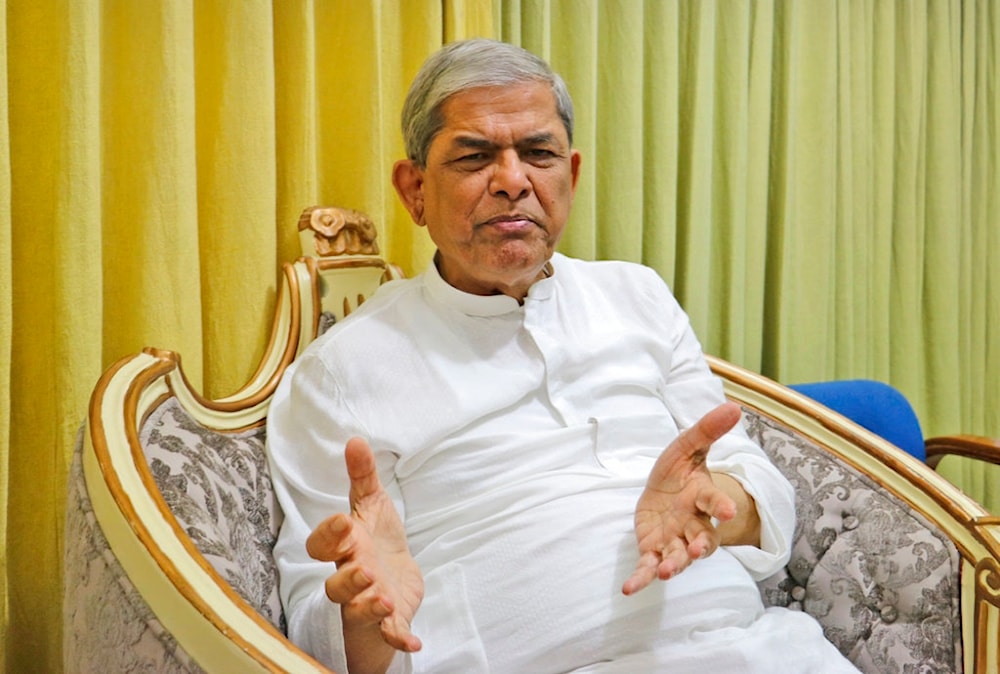Bangladesh Opposition raises concern over delayed elections
Although the BNP says it supports the reform objectives laid out by the transitional government, the Opposition stressed that these initiatives should not be used as justification to delay a return to electoral legitimacy.
-

Bangladesh's former Prime Minister Khaleda Zia's close aide Mirza Fakhrul Islam Alamgir gestures as he speaks to the Associated Press in Dhaka, Bangladesh, Tuesday, June 19, 2018.
One of Bangladesh's leading opposition parties is calling for elections to be held by the end of this year, warning that continued delays could deepen political instability and provoke unrest.
The Bangladesh Nationalist Party (BNP) expressed dissatisfaction after a recent meeting with interim leader Muhammad Yunus, who assumed leadership in August 2024 following a student-led uprising that brought down former Prime Minister Sheikh Hasina. Yunus, 84, a Nobel Peace Prize recipient known for founding Grameen Bank, currently heads a caretaker government committed to implementing democratic reforms before organizing elections, tentatively scheduled for no later than June 2026.
During talks in Dhaka, BNP representatives pushed for a firmer and earlier timeline.
"We are not at all satisfied," said BNP Secretary General Mirza Fakhrul Islam Alamgir after the meeting. "We made our position clear: if the election is not held by December, the political, economic, and social situation will take a turn for the worse."
Although the BNP says it supports the reform objectives laid out by the transitional government, Alamgir stressed that these initiatives should not be used as justification to delay a return to electoral legitimacy.
"If the reform proposals remain unmet, they can be implemented by the political party that forms the government after the election," he added.
The caretaker government has defended its timeline, asserting that the delay is necessary to restore democratic integrity and pursue justice for abuses committed under Hasina's administration. In the final weeks of her tenure, security forces reportedly opened fire on protesters, prompting domestic outrage and international condemnation.
Asif Nazrul, a prominent member of Yunus's cabinet, denied allegations that the interim government sought to extend its mandate unnecessarily.
"The current government was not keen to cling to power for its own sake," he said. He further emphasized the importance of legal accountability: "We cannot justify ourselves or answer the nation if we fail to complete even a single trial before holding an election."
Read more: Bangladesh's Yunus vows electoral reform as Sheikh Hasina faces arrest
Tensions are also heightened by the rise of the National Citizens' Party (NCP), a political group formed by former student leaders who played a key role in ousting Hasina. Their emergence adds an unpredictable element to the political field and could potentially disrupt traditional party dynamics, with BNP and others wary of whether the caretaker leadership is truly impartial.
BNP figures have suggested they may escalate their campaign if their demands are not met, raising the possibility of mass protests or renewed political turmoil in the months ahead.
.

 3 Min Read
3 Min Read










